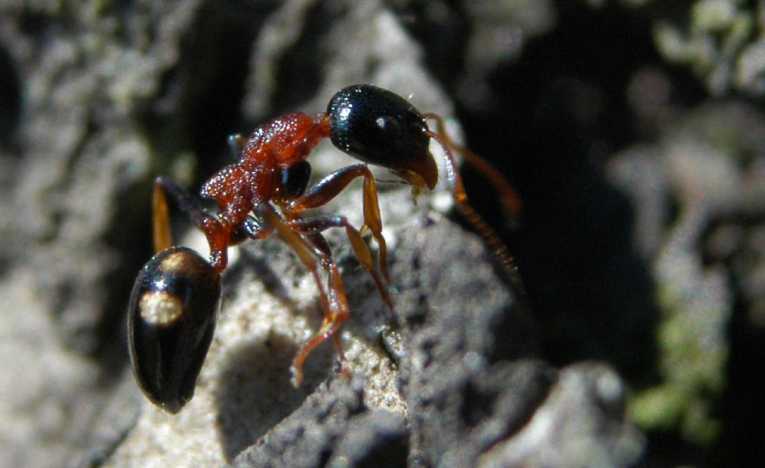The Queen Ant is generally considered the mother of all ants. This is the term given to the adult reproducing ant that usually has given birth to all the other ants in the colony. But in Brazil the Queen Ant or the ià §ás is much more than just the flag bearer of the colony.
A recent New York Times report highlights this tradition. Ià §ás is a delicacy that Brazilians relish. Ià §ás also don’t look like the ubiquitous ant that’s crawling around your sugar tin. These ants are about an inch in size and have a bite that can truly hurt.
In Silveiras, the municipality in Sà £o Paulo State, the October and November springs rains drive these ants out of their underground homes and communities gather to make the most of this rare delicacy. Americans bottle fruit and Brazilians bottle the Ià §ás to tide them over till next season.
But this ant eating tradition is now under threat thanks to the indiscriminate use of pesticides. Eucalyptus is being grown on a large scale here as these hardy trees are a good source of materials to make cellulose, the main ingredient in paper and other products of daily use. Brazil's growing economy needs paper and other cellulose dependent items so these trees rake in the profits for growers.
Tradition kept alive
The pesticide that is used to keep these trees diseases and worm free is believed to have seeped into the ground and wreaked havoc among the ant populations reducing their numbers vastly, say local officials. Regulating the plating of these trees might help save the ants and keep alive a custom. The ants aren't imported and people often drive miles to get them.
Indigenous people of Silveiras have since times immemorial eaten these ants to provide protein in their diets. Some also consider this a natural antibiotic and aphrodisiac source. Gathering this ant isn't just a gastronomic issue.
The ants are prepared and served with traditional Brazilian foods. Eating bugs aren't that ancient a ritual. Many Asians think nothing of chewing down cooked scorpions, of course after making sure their poison glands have been neutralised.










